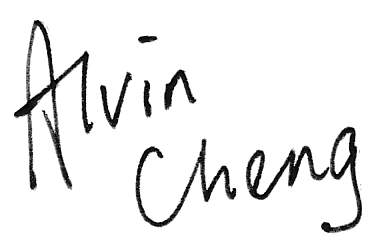Tiny Experiments by Anne-Laure Le Cunff
Tiny Experiments is one of my favourite books I read recently. In fact I bought it in March during the book launch in Daunt Books in Cheapside, but I finished last week.
Maybe many of us are able to say “give it a try”, but most of us don’t know how, ending up trying everything, doing many things, trapping in the negative feedback loop of failure/frustration and resulting in burnout. The author Anne-Laure Le Cunff gives us solid ideas.
The world is more uncertain
The world is changing more and more rapidly so that the common productive way of achieving many big goals under single professionals by seeking advices and previous experiences from others no longer works, as we will eventually end up frustration and burnout. The decision to "follow your passion" is also too risky because we don't know what we want.
Multidisciplinary options with my own visions is increasingly necessary.
Learn on the go by gathering more useful data from tiny experiments
The less risky option without any sacrifice is to create our own tiny experiments, by only deciding doing something small repeatedly within a certain period of time, but what kinds of experiments can we take? The answer is not from online resources or AI, from according to my own field notes involving our daily observations and questions which constitute to hypothesis (experiment) someday.
The importance of tiny experiments is to get data which consists of feedbacks which are useful for us to make right decisions later on, through journaling and note taking. Besides our observations, public feedback is also great so that we can learn more from the process.
The roles of tiny experiments are to get enormous right data which fit our circumstances, so that we are less likely to decision fatigue and bold risks (we call it brave move). We are also less vulnerable to the disruptions from outside world. Most importantly, we will forget the binary way of thinking or judging whether we succeed or lose. Ultimately we will less likely to be controlled by our past (especially bad) experiences and feel less ashamed when we don't follow the crowd.
We are becoming more curious and confident to dance with the challenges instead.
My tiny experiments
I am a sociology graduate, in which we have no related career paths like accountants and engineers. We have to create ours, and it’s always not easy.
I worked in a quantitative research department in a university, was an editor of Liberal Studies textbooks, an author of travel guides to Japan.
Long before reading her book, I have already had a lot of tiny experiments.
Sketching is one of them from 2013, that I began with small individual still objects so as to develop my ongoing habits, and I gradually turn into bigger wider scenes, to portraits in recent years.
Blogging is my latest tiny experiment this year, as it’s a better way than social media to share my experiences. Put aside the question of whether blogging can bring enormous audiences to my website, writing articles can allow me to think more clearly and improve my English at least.
I think my next step will involve integrating my analytical and critical thinking learnt from sociology studies with my development as an artist or illustrator.
Thus I think less of whether I am successful or not, and time has not been wasted as I learn a lot during the process. I am satisfied.


